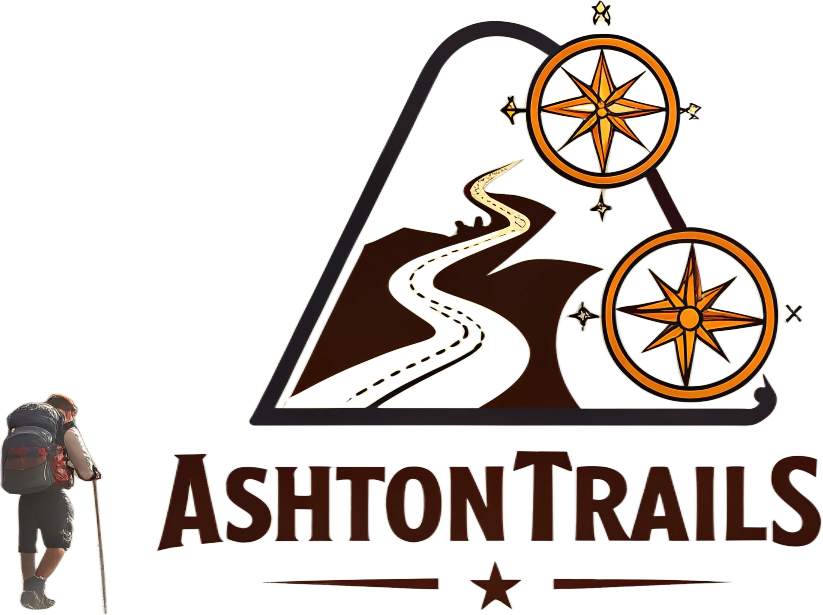Exploring the Great Outdoors: How to Adventure Like a Pro Without Breaking the Bank
When it comes to outdoor travel, the word ‘adventure’ often conjures images of extravagant expeditions and expensive gear. However, embarking on a memorable adventure doesn’t have to drain your bank account. In fact, some of the most fulfilling outdoor experiences are those that embrace simplicity and creativity. First, consider the power of local exploration. We often overlook the natural wonders in our own backyard, thinking we need to travel far and wide to find excitement. Start by researching nearby trails, parks, and natural reserves. You’ll be surprised at how many hidden gems are waiting to be discovered, often with little to no entrance fees. Many communities also offer free guided tours or nature walks led by local enthusiasts who are eager to share their knowledge. Camping is another budget-friendly way to immerse yourself in nature. Whether you opt for a basic tent or a hammock under the stars, camping offers a raw connection with the environment. If you’re new to camping, start with a weekend trip to a local campsite. Remember, camping is about simplicity, so resist the urge to overpack. Essentials like a sturdy tent, sleeping bag, and basic cooking gear will suffice. Plus, the act of setting up camp and cooking your meals over an open flame adds an element of adventure that luxury hotels simply can’t replicate. Transportation can be one of the biggest expenses when planning a trip, but there are ways to cut costs here too. Carpooling with friends or using ride-sharing services can significantly reduce travel expenses. For the more adventurous, consider cycling as a mode of transportation. Not only is it eco-friendly, but it also allows you to experience your surroundings in a more intimate way. For those who crave more structured adventures, look for community-led workshops or volunteer opportunities in conservation projects. Many organizations offer discounted or even free experiences in exchange for a bit of your time and effort. It’s a fantastic way to learn new skills, meet like-minded people, and give back to the environment. When it comes to gear, borrowing or renting can save you a lot of money. Check out local outdoor clubs or online communities where you can borrow equipment from fellow adventurers. Alternatively, look for second-hand gear shops where you can find quality items at a fraction of the cost. Finally, embrace the mindset of a true adventurer. Adventure is not about luxury or spending a fortune; it’s about experiencing the world with an open heart and a curious mind. So pack your bags, gather your friends, and embark on an outdoor journey that will enrich your soul without emptying your wallet.









